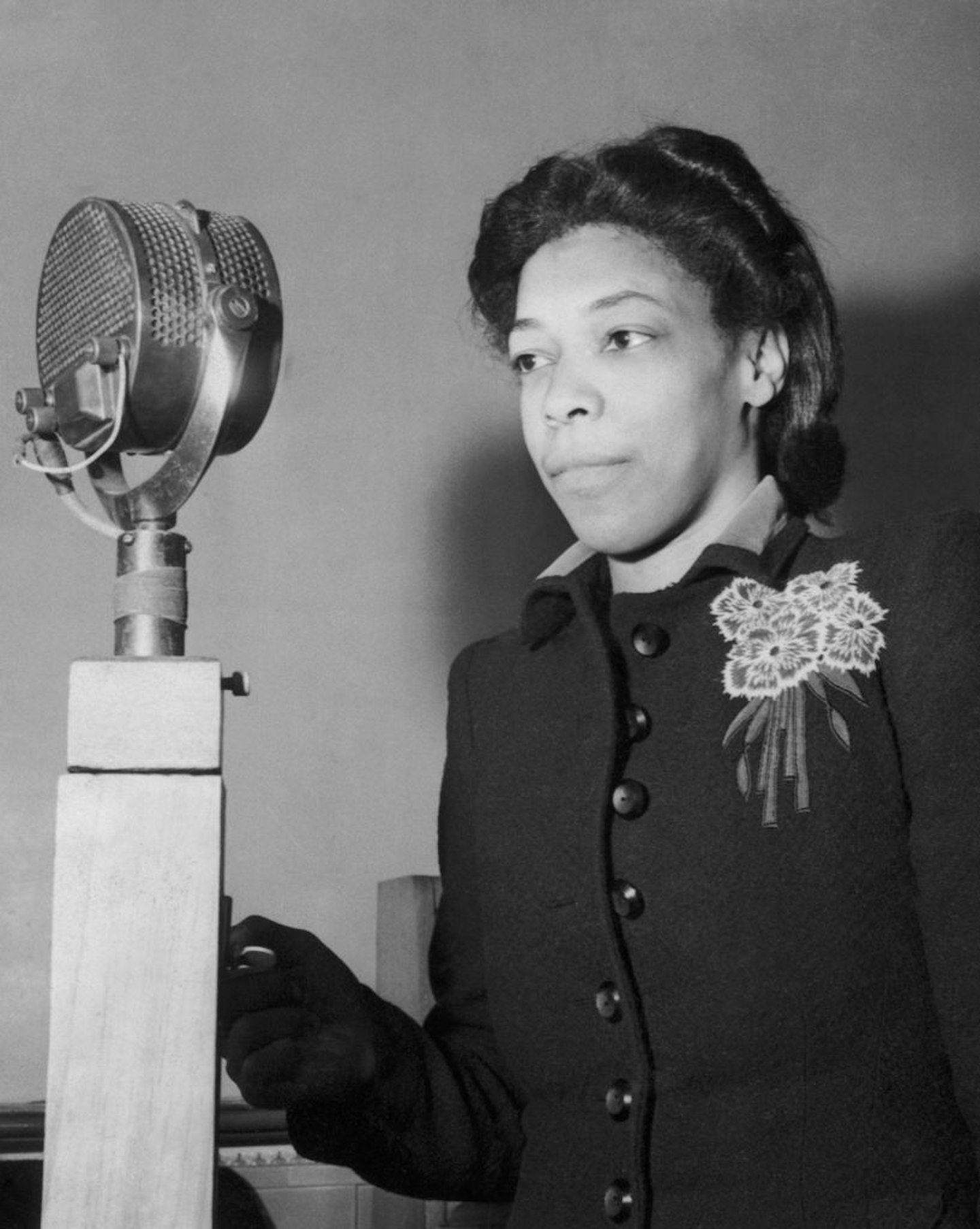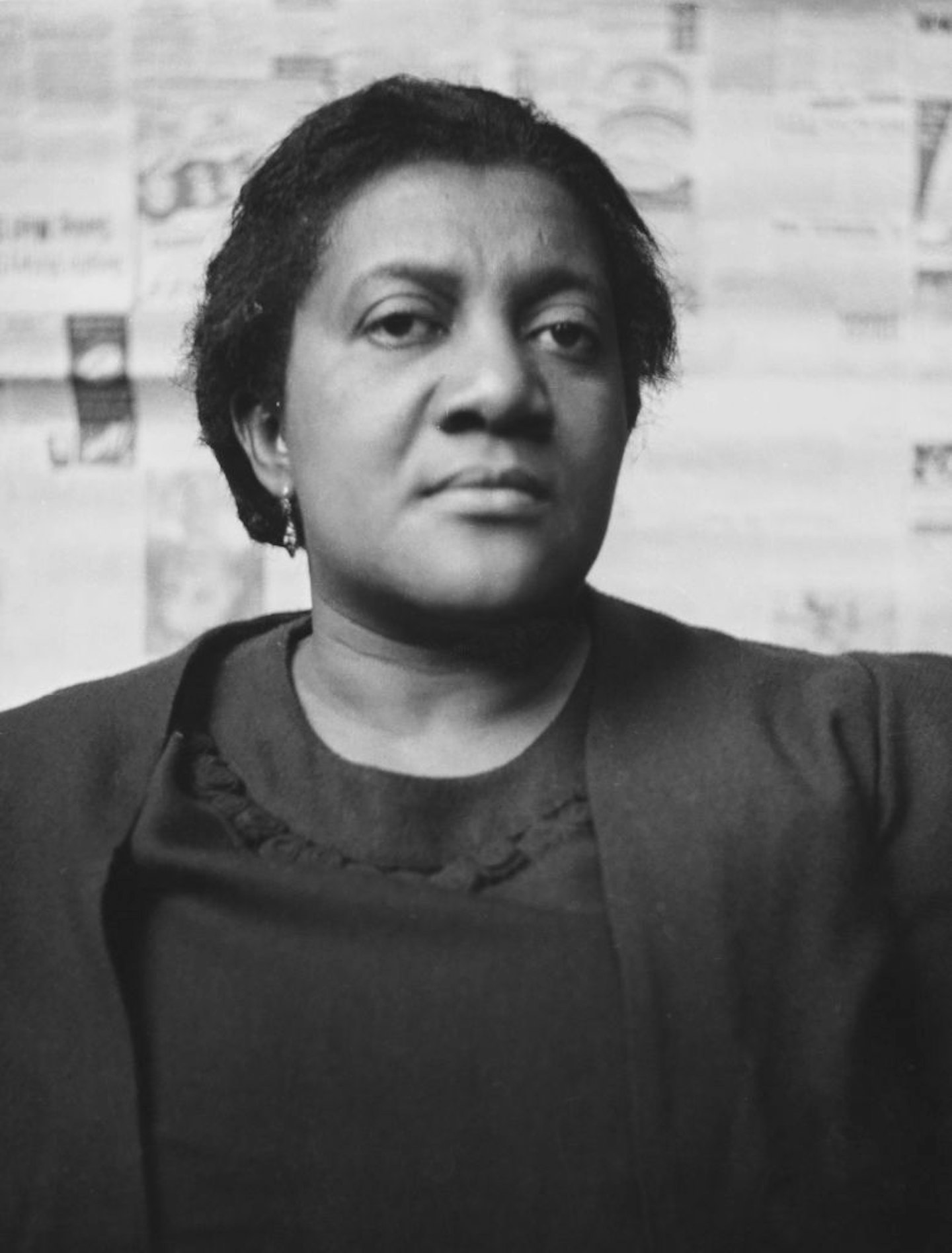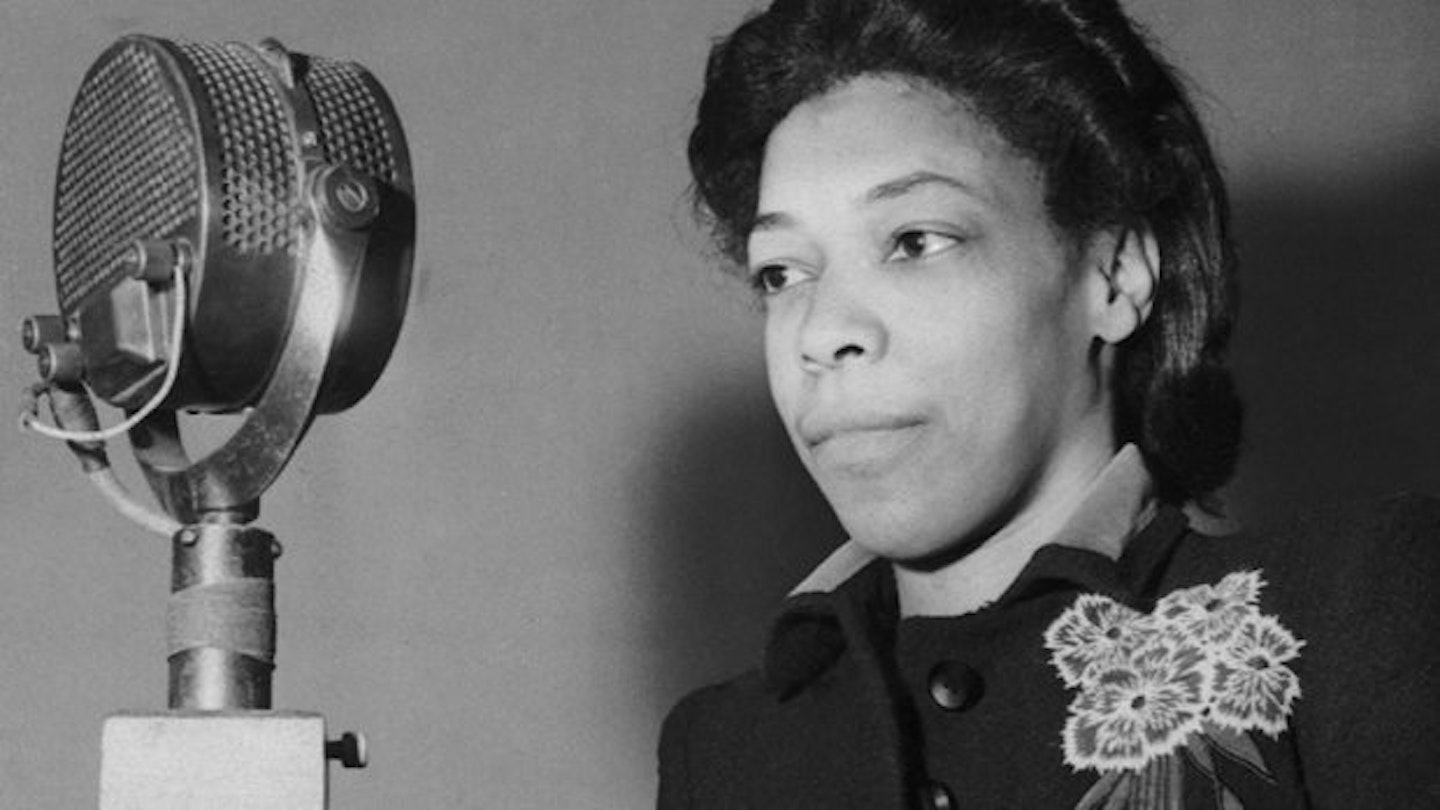_This article was first written and published in 2017 but has has some references updated recently.
_
We tend to default into thinking about Black history in terms of African American history. Incredibly influential figures like Rosa Parks, Martin Luther King and Malcolm X are often the first to come to mind. And while the effect of their enduringly important actions around the quest for civil rights reverberated across the world, it’s also all too easy to attribute all Black history, in the general sense of the term, to the American civil rights movement. At least, that’s all we really hear about.
But Black British History exists too, of course. Yet it seems to be a part of our history that is hastily brushed over in classrooms if it is covered at all. Last year, author Malorie Blackman called for schools to teach Black history all year round. 'If you're talking about the history of Britain, then that history includes Black people and people of colour,' she told BBC News. 'My [ancestors'] history did not start with slavery. Black people have been in this country since Roman times, if not before.' This followed a 2020 campaign led by a group called the Black Curriculum. It attracted widespread support in the wake of Black Lives Matter protests over the killing of George Floyd in the US, and in light of the disproportionate impact of Covid-19 on Black and Minority Ethnic people.
I don’t remember hearing about the significance of the British Black Panthersin my History GCSE. The Battle of Lewisham was so far off my radar until very recently. And there’s probably very little that I could tell you about the Notting Hill riots beyond passing anecdotes from older friends and family every time Carnival comes around.
While I have mixed feelings about Black History Month – the importance and value in national acknowledgment of the contributions of African and Caribbean communities goes without question, but for me, allocating a few weeks to celebrating our history is also a bittersweet reminder of how we continue to be considered separate from mainstream society – it presents itself as an opportunity to acknowledge some of the things we take for granted and learn about the things we probably had zero idea about. So, here’s a chance to swot up on some really interesting bits of Black British History that you probably didn’t hear about in school.
1. Una Marson

Let’s kick off with the work of a brilliant woman in Black British history. Una Marson was born in Jamaica and made her way to London in the 1930s. She was a political activist, a poet, a member of the League of Coloured Peoples, editor of ‘The Key’ (the organisation’s journal) and later become the first Black woman broadcaster at the BBC. She started out on the ‘Calling the West Indies’ show and later founded ‘Caribbean Voices’ which became a really popular literary programme. The Women’s History Network say that through her role at the BBC, Una also came to befriend people like George Orwell and TS Eliot. No big deal.
2. The Battle of Lewisham 1977
It's been more than 45 years since The Battle of Lewisham. Doesn’t sound familiar? It’s the name given to a series of protests and subsequent violence that happened in the London borough on 13 August 1977.
To give you a brief summary of events: a couple of months earlier 21 young Black men in the area were arrested in reaction to a series of street crimes. So, the Lewisham Defence Committee was set up in response, and they later held a demonstration in New Cross. Their demonstration was confronted by the far-right National Front who threw rubbish at the protesters. The National Front then decided to announce that they’d be doing a march on 13 August under the guise of demonstrating against street crime, which people thought was deliberately provocative.
The All Lewisham Campaign Against Racism and Fascism (ALCARAF) tried to have the march banned but were unable to so on the day of the march they were joined by the Mayor of Lewisham for a peaceful counter-march. Another counter-demo was coordinated by organisations including the Anti-Racist / Anti-Fascist Co-ordinating Committee and the Social Workers Party. What later transpired, though, was a violent clash between the people on the counter-march and the police once the National Front had been escorted from the area. It was the first time that the police used those big hard-plastic riot shields in the UK. According to research by Dr John Price at Goldsmiths, University of London, 214 people were arrested and at least 111 were injured.
3. The British Black Panther movement
Yep, the Black Panthers mobilised over here too. We’ve already spoken about the forgotten story of the women behind the movement, but the organisation in the wider sense became the focus of Guerrilla, the mini-series that aired on Sky Atlantic starring Idris Elba and Frieda Pinto, and until fairly recently was still overshadowed by the American Black Panther Party (same name but otherwise the two organisations weren’t actually affiliated with each other) and otherwise void from widespread knowledge.
Officially speaking, they were operational between 1968 and 1972. Back before discrimination laws were a thing and police brutality in London, in particular, was a big problem. The main base for the BBP was a building in Brixton and would have meetings to discuss the state of society but also the Black history that they weren’t taught in school. Beyond the wider conversations around demonstrations and protests against police raids in Ladbroke Grove, they directed serious attention to the issue of structural discrimination.
4. Amy Ashwood Garvey

Amy was the first wife of Marcus Garvey (leader of the Pan-Africanism movement and founder of the Universal Negro Improvement Association and African Communities League). Born in Kingston in 1897, she moved from Jamaica to America and then found herself in London where after helping to found the Nigerian Progress Union, moving back to New York and then back to the UK, opened the Florence Mills Social Parlour in 1936 (a nightclub and meeting place in the West End).
In the 1940s, though, Amy’s focus was on education for girls and Black women’s rights. In 1945 she helped to organised Manchester’s Fifth Pan-African Congress where she spoke on Black working women and fair wages and established the Afro-Women’s Centre in London’s Notting Hill, which was specifically to provide vocational education and job training for women but also where she ran the Association for the Advancement of Coloured people.
5. Mary Prince
Mary Prince is a pretty significant name in the history of British slavery. She was born in 1788 (yeah, we’ve gone way back) to an enslaved family in Bermuda. After being transferred between various awful owners she ended up in Antigua where she married an ex-slave who had managed to buy his freedom called Daniel James.
She ran away from her owners after they had brought her over to England in 1828 and then worked alongside the Anti-Slavery Society. Mary Prince is particularly incredible because she was the first woman to give an anti-slavery petition to Parliament and then the first Black woman to write and publish an autobiography. It’s called ‘The History of Mary Prince: A West Indian Slave’ and became a big deal in the fight against slavery in the UK.
